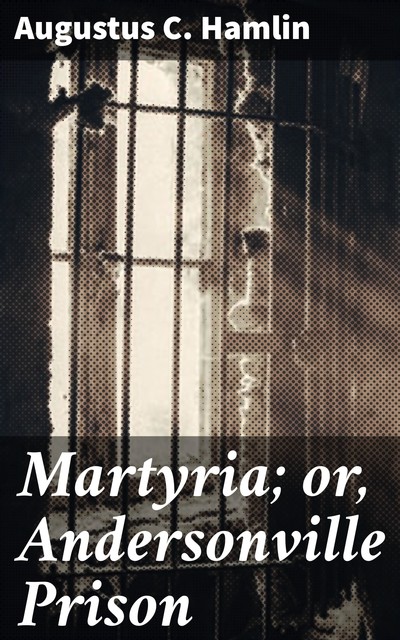In “Martyria; or, Andersonville Prison,” Augustus C. Hamlin delivers a harrowing narrative chronicling the experiences of Union soldiers confined in one of the Civil War'Äôs most notorious prison camps. Through a combination of vivid descriptions and poignant personal reflections, Hamlin captures the despair, suffering, and indomitable spirit of those enduring brutal conditions. The book is written with an eloquent prose style that combines realism with a deep ethical inquiry into the horrors of war, setting it apart from contemporaneous accounts. The literary context of the Civil War era is palpable, offering insights into the societal attitudes towards captivity, sacrifice, and the moral complexities of conflict. Augustus C. Hamlin, a soldier and later a prominent political figure, drew upon his own experiences as a prisoner in Andersonville to authentically depict the trials faced by his fellow captives. His personal journey and subsequent reflections on human resilience inform the narrative, as does his engagement with the social and political discussions of his time. Hamlin's perspective is not only that of a survivor but also of a contemplative soul grappling with the implications of war and suffering. “Martyria” is a compelling must-read for those interested in the Civil War, narratives of captivity, and the moral dilemmas faced by humanity in times of great strife. Hamlin's work not only serves as a historical document but also invites readers to engage deeply with the ethical ramifications of warfare, war's impact on individual lives, and the enduring quest for justice and understanding.


